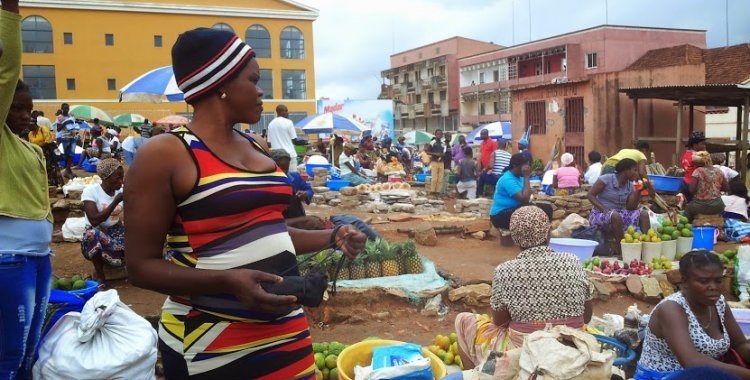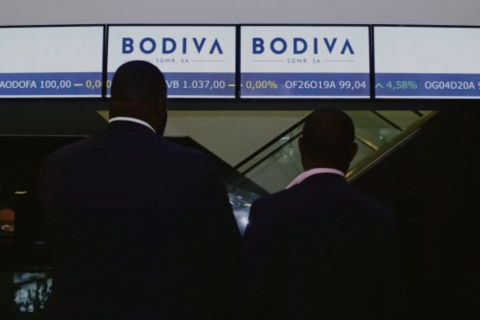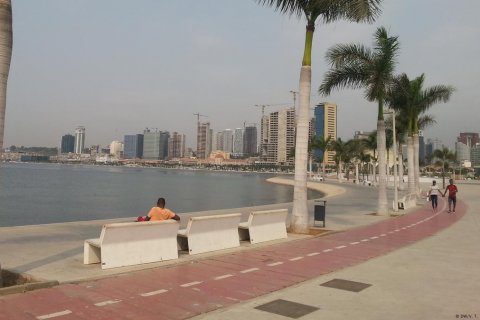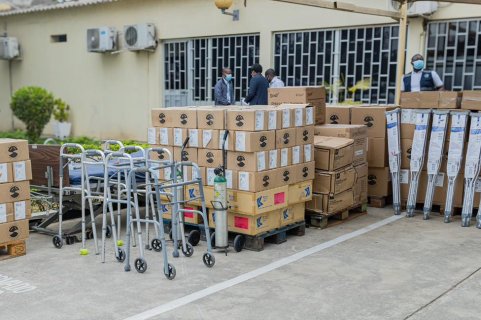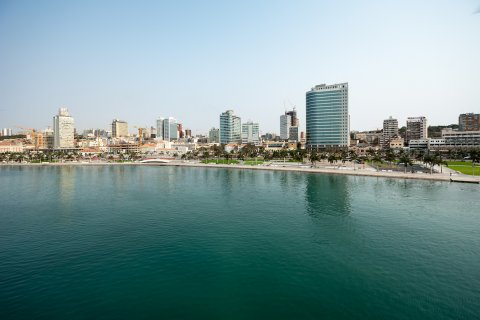According to the department, product price inflation is due to the fact that the rains in February destroyed some agricultural crops and consequently reduced vegetable production.
Among the factors that contributed to the increase in prices is thus the fall in national production, making it difficult to supply the capital markets and the fact that the costs of preserving food are quite high, according to Raimundo Rosa, head of the Department of Prices and Subsidies, to the Angolan newspaper Jornal de Angola.
"We are attentive and the Executive is working to ensure that there are products in the markets. We have a problem with the flow of products from the countryside to the capital city, but measures are being taken to improve the supply system," he said.
The figures speak for themselves. According to figures released by Jornal de Angola, products such as garlic, onions, tomatoes and potatoes have increased significantly. The figures, obtained by the same newspaper in the 30 and Catinton markets, reveal that a 50-kilo bag of garlic now costs 50,000 kwanzas, when it previously cost 13,000 kwanzas - thus representing an increase of 384.6 percent over the period before the rains last month.
As for onions, the price of a 30-kilo bag rose from six to 17,000 kwanzas (an increase of 383.3 per cent). A box of 20-kilo tomatoes now costs 31,000 kwanzas, compared to 13,000 before (an increase of 238.4 per cent).
A 150-kilo bag of potatoes that were being sold at 30,000 kwanzas now cost 50,000 - an increase of 250 per cent over the beginning of the year.
The official, cited by Jornal de Angola, also said that although the country was not importing products from China, it was preparing a set of measures to import food from the staple basket to other countries so that the products would not be lacking in the population.
However, according to Raimundo Rosa, product price inflation has only been seen on the informal market. In other words, the price of basic food products on the formal market - supermarkets - remains low and attractive.
Joana Tomás, head of INADEC's Department of Information and Dissemination of Commercial Practices and Services, left the guarantee that the inspection teams have been watching the formal market to avoid price speculation: "Our action in the informal markets has been to raise awareness among sellers who insist on price speculation.

